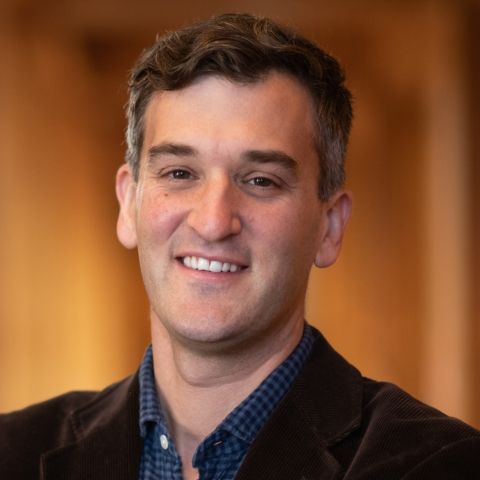
A Union of Amateurs: A Legal Blueprint to Reshape Big-Time College Athletics
College sports now generate billions of dollars every year, yet many of the athletes whose talent and labor sustains this enterprise live beneath the poverty line. In response to this basic inequality, several prominent commentators (and, significantly, college athletes themselves) have recently issued calls for fundamental changes. This Article offers a novel proposal for reform: under the labor law regimes of many states, college athletes are, in fact, “employees” entitled to collective bargaining rights. Prior scholarship has contemplated the status of college athletes under federal labor law. But this work has overlooked the basic fact that most college athletes go to public institutions exempt from coverage under the NLRA, has downplayed significant differences between state and federal labor law, and has disregarded the growing centrality of state law in American labor relations. By offering the first comprehensive state-level survey of relevant labor law, this Article provides a blueprint for college athletes to organize, and proposes that such efforts can be consistent with traditional notions of amateurism.